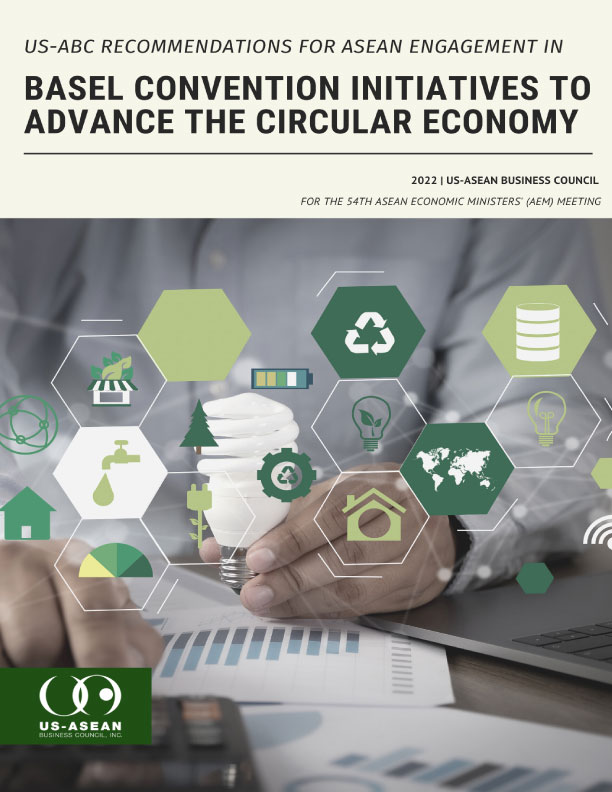Philippines Accelerates Infrastructure Development Through the ARROW Act

The passage of the Accelerated and Reformed Right-of-Way (ARROW) Act, also known as the Republic Act No. 12289, introduces long-needed reforms in right-of-way acquisition for public infrastructure projects. The law aims to streamline land acquisition, speed up compensation, and reduce bottlenecks that commonly delay major projects. Key reforms makes it easier and faster to handle land valuation for projects. It sets a standard market value for compensation, gives courts just 60 days to resolve disputes over land valuation, and clearly defines rights below the surface—helping projects like subways, tunnels, and utilities move forward smoothly. Key sectors including power transmission & distribution, water sully & wastewater systems, petroleum pipelines, airports & seaports, telecommunications, broadband networks, irrigations projects, and other public utility services are covered by the law. Stakeholders expect the new law to accelerate project execution by improving transparency, predictability, and fairness in the process.
The ARROW Act introduces legal clarity that can significantly improve the infrastructure landscape in the Philippines. Consistent valuation, stricter timelines, and advance funding obligations help reduce investment risks for public-private partnership (PPP) proponents while providing stronger safeguards for landowners. The Philippine Government sees such legislation as critical in boosting infrastructure projects that will not only boost investor confidence but also enable better access to essential services: safer roads, reliable electricity, and clean water.








